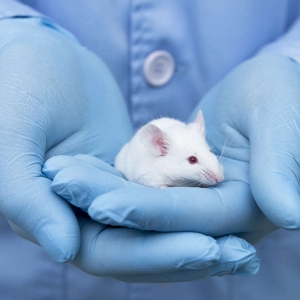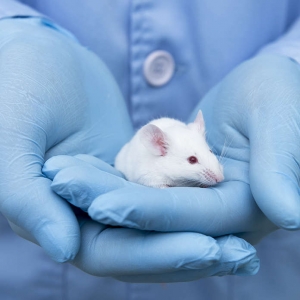Object recognition test was developed to mimic the recognition task of testing human amnesia and is commonly used to evaluate the learning memory ability of rodents. The experiment evaluates the learning memory ability of rodents by measuring the length of time they spend exploring familiar and unfamiliar objects.
Our company offers a variety of experiments to study object cognition, including novel object recognition experiments, object position recognition experiments, temporal memory experiments and situational memory experiments. We are committed to providing our customers with a multi-modal, fine-sensitive behavioral approach based on spontaneous animal behavior to meet their research needs.
Examples of Experimental Cases (Novel Recognition Test)
Experimental Flow
- Adaptation period
The experimental animals are placed in the device to move freely to adapt to the test environment.
- Training period
Identical objects A and B were placed in the device, and the exploration process of the experimental animals was observed and recorded.
- Test period
1 hour at the end of the training period as the memory interval. Replace object B in the device with object C, and observe and record the exploration process of experimental animals.

Fig. 1 Novel object recognition experiment flow.
Parameters Indexes
- Number of explorations for old and new objects
- Exploration time for old and new objects
- Exploration distance of old and new objects
Features of Novel Object Recognition
- The experimental device is simple and does not involve external stimulation, and the experimental animals are tested in a completely free state.
- Short experimental period and low physical exertion on experimental animals.
- More comprehensive data for results analysis.
Applications
- Research on the neurobiology of memory
- Research on cognitive dysfunction and its protective measures
- Disease mechanism and efficacy evaluation of animal models related to impaired learning memory function





